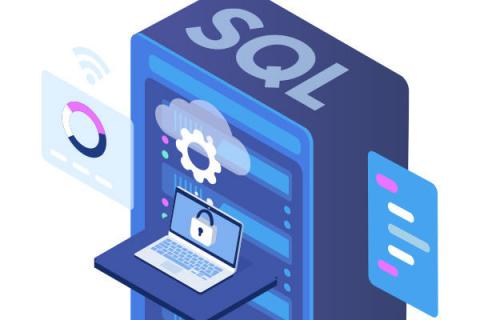Systems | Development | Analytics | API | Testing
Perforce
4 Reasons Why Visibility is Crucial in Lifecycle Management
Within application lifecycle management, one of the most significant challenges for practitioners and managers alike is visibility. More specifically, the lack of real-time visibility at any given moment of development. With a comprehensive lifecycle management tool like Helix ALM, your entire team can enjoy clear visibility throughout the lifecycle of your product. Here are four reasons why visibility is crucial for success in lifecycle management.
Securing Your SQL Server Application: Enabling Server-Initiated Encrypted Connections
Network encryption is a vital security step in hardening your application and guarding your data. Additionally, it is more often becoming a requirement by many organizations and laws (like HIPAA). In this article, we will discuss how to secure network communication between your application and the SQL Server database using an encrypted connection. We will demonstrate how encryption can be enabled and leveraged from SourcePro DB with no source code changes to your application.
Hardware Design Best Practices
Hardware design typically entails teams of many designers with a wide range of disciplines. Each of these designers manage a different aspect of the project, maybe with different workflows, and generate a large amount of diverse data. Data management tools like Helix Core manage a substantial portion of this data. In this blog, find out how these tools are best used with an IP lifecycle management platform like Methodics IPLM to solve the unique challenges for hardware design projects.
Klocwork 2021.2 Launches JavaScript Analysis Engine
The latest release of Klocwork features the launch of JavaScript, which greatly enhances the static analysis and SAST tool’s offerings. In addition, the release includes a number of other significant improvements that greatly enhance the tool’s performance and functionality. Here, we provide an overview of the new analysis engine.
How to Visualize & Accelerate Digital Twins IoT Development
The Internet of Things (IoT) is changing the way we physically and digitally interact in the world. With the global IoT market projected to reach nearly $2 trillion by 2028, developers are looking for ways to take advantage of the increasing demand and gain a cutting edge. For many teams, IoT development combined with using digital twins for verification allows them to make better decisions during development and visually market their devices after launch. How?
Performing Accurate Impact Analysis in Helix ALM
Changes to your requirements have consequences. To make informed decisions with your product, leaders must consider all of the potential implications. The best way to do this is by performing a detailed impact analysis whenever a requirements change is requested.
Creating a System BoM For Software Development
When working on electronic products, many organizations divide their projects between hardware and software teams working in parallel. This is because these engineering teams have distinct methodologies to how they design, document, and communicate their changes to the design. This approach, however, can lead to costly issues, which is where a system-level bill of materials (system BoM) is critical for bringing hardware and software teams together.
Creating a Software Bill of Materials
Earlier this year, the White House issued an Executive Order on cybersecurity that set out to establish new security requirements for software vendors that sell software to the U.S. government. One such requirement is that vendors provide a software bill of materials (SBOM) as part of the federal procurement process. In this blog, we break down what a software bill of materials is, why it is important, and provide SBOM examples.
Automotive Industry Trends 2021: What Software Developers Need to Know
The automotive industry has been experiencing a great deal of change within the past several years. More software is being added to vehicles, along with a greater number of electric and autonomous vehicles are in production and on the road. By learning about the emerging trends, you will be more capable of keeping pace with them. Read along or jump ahead to the section that interests you the most.











